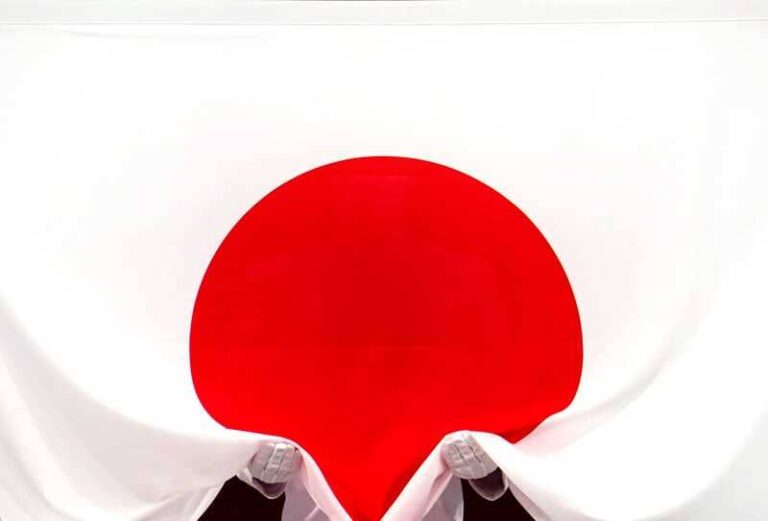It is a universal fact that justice should be served, but unfortunately, if justice is delayed, justice is denied. That’s the case with Iwao Hakamada, the world’s longest-serving death row inmate. The Japanese 88-year-old has finally been found not guilty in the retrial of a 1966 quadruple murder of his boss and family. The retrial was ordered a decade ago, and we see its fruits nowadays with the not-guilty verdict. His acquittal is the fifth in Postwar Japan and the first in 35 years, according to NHK.
Why was Iwao Hakamada on Death Row?
Hakamada was sentenced to death in 1968 for the quadruple murder of his boss, a senior manager at the miso factory, in addition to his boss’s wife and two children in 1966. He stabbed the family to death, and per the BBC report, he was additionally accused of stealing 200,000 Japanese Yen (around $1,400 currently) in cash. Their bodies were retrieved from a fire at their home in Shizuoka, west of Tokyo.
The evidence that kept the world’s longest-serving death row inmate in jail were blood-stained clothes found in a miso tank a year after Hakamada’s arrest. All this led to him being convicted of murder and arson, and he was eventually sentenced to death. Hakamada maintained his innocence through the years. However, he was tortured and coerced into confessing after almost three weeks of “brutal police interrogation,” based on the Asahi Shimbun report, citing his defense team.
Longest-serving Death Row Inmate No More

Hakamada’s sister, Hideko, 91, has spent over half her life supporting her brother, from fighting for a retrial to caring for him after his release in 2014. She finally won the battle. Hakamada’s lawyers’ arguments convinced Judge Hiroaki Murayama, that the DNA on the clothes didn’t match Hakamada’s, and they went as far as to suggest that the police fabricated the evidence. Judge Murayama released Hakamada from jail and granted him a retrial in 2014. On Thursday, she represented her brother in the retrial since he was exempted from attending them due to his mental state.
The downside is the longest-serving death row inmate had to wait again due to prolonged legal proceedings. It wasn’t until last year that the retrial commenced, and it wasn’t until Thursday that they officially stated the verdict. The defense was able to prove that the evidence was fabricated. They questioned the nature of how the “blood stain” aged. Usually, the blood would darken with time, but that wasn’t the case with the clothes in question, even after being immersed in soybean paste for an extended period.
Such injustices as Iwao Hakamada’s expose the flaws in the judicial system. The former boxer can now spend what is remaining in his life with his sister, who is now relieved and happy that her brother got what he deserved, and that is justice. According to the CBS report, she celebrated outside the courtroom after the verdict’s announcement. She addressed the crowd waiting there and thanked everyone for their support.
Conclusion
The presence of the death penalty is still a considerable controversy to this day. The United States and Japan are the only G7 countries that still impose capital punishment. In addition, Japan doesn’t notify the death row inmates about their deaths except a few hours prior. The Associated Press report, “Japan Bar Association Chairperson Reiko Fuchigami urged the government and parliament on Thursday to promptly take steps to abolish the death penalty and lower hurdles for retrials.” However, a survey conducted by the Japanese government showed a surprising majority of the public in support of executions.








